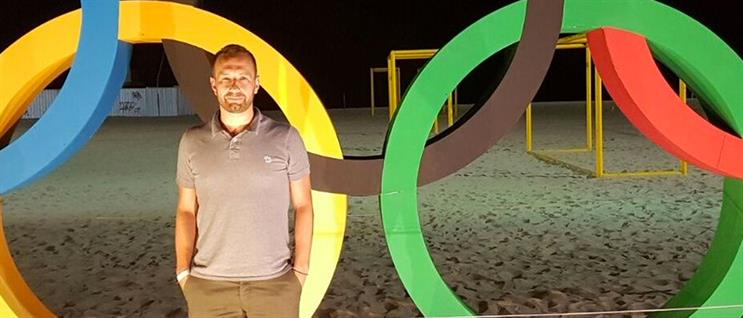For many years the Games have given brands a golden opportunity to tap into global markets and communicate their message to millions. However, until now only official sponsors have been truly able to bask in the Olympic glow.
The alteration of Rule 40 changes this and in theory is a seismic shift in IOC regulations to the benefit of both athletes and brands (non-sponsors). For the first time, non-official sponsors can take their very own slice of the pie.
For sports brands such as Under Armour, and the 250+ athletes it has at its disposal, this opportunity is huge. As we have seen, with the "Rule yourself" campaign, featuring the likes of Michael Phelps, the IOC’s changes have allowed Under Armour to maintain its association with sporting stars leading up to and during the Games.
In short, Under Armour’s current campaign wouldn’t have been possible four years ago and is an example of a brand perfectly exploiting this new marketing opportunity.
For non-sports brands, the task is a little bit more "ground up", however, that doesn’t mean that we’re not witnessing some canny campaigns.
Take Virgin Media’s association with Usain Bolt. Playing on Bolt’s 100 metres world record time of 9.58 seconds, Virgin Media has created a campaign that aligns with its brand’s messages of speed and being fast, while also implicitly tapping into the Olympic spirit.
We’ve also seen similarly inventive campaigns from the likes of GoPro and Gatorade.
Whether it has been pounced upon as much as the media noise suggests is a different marker. Some have criticised the IOC for still being too strict with their guidelines. Some have pointed out that the necessity to have submitted the campaign in January and for it to be in market from March onwards (five months before the Games started) is a costly price to pay to legitimately benefit from a relaxed Rule 40.
It’s too soon to tell how advantageous this "halo effect" will be for the brands that have dived in and leveraged the IOC’s changes. Only those that were well prepared stand a chance of winning big.
Ultimately, only once the Games have finished, will those involved truly know if their investment has been worthwhile.
One thing’s for sure, we have seen some interesting campaigns from a range of brands this time around and it’s likely, that if the rules remain as they are, and brands feel that it’s worth their while, we’ll see a greater raft of Olympics-inspired marketing in four years’ time.
It will also be interesting to see if official sponsors feel that their deals with the IOC have been diluted, following the influx of non-sponsors riding the Olympic band-wagon.
Currently however, that remains to be seen and only time will tell what their reactions will be. Roll on Tokyo 2020.
Robin Clarke is global head of Publicis Media Sports & Entertainment (PMSE).


